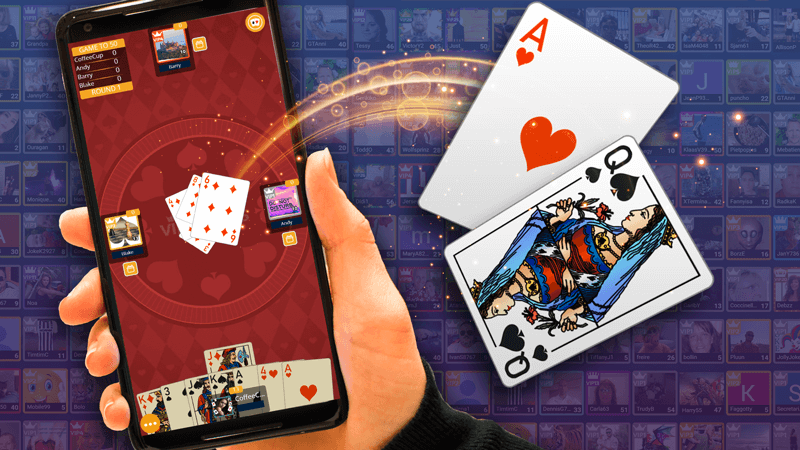The landscape of entertainment has undergone a radical transformation over the past two decades, with online games emerging as a dominant form of leisure activity. From casual mobile games to expansive multiplayer online battle arenas (MOBAs) and immersive virtual reality (VR) experiences Megaxwin, the online gaming industry has grown exponentially, drawing in billions of players worldwide. This article delves into the evolution of online games, their cultural significance, and the implications of this phenomenon on society.
The Rise of Online Gaming
Historical Context
The origins of online gaming can be traced back to the early days of the internet in the 1980s. Text-based games, such as MUD (Multi-User Dungeon), allowed players to connect via dial-up modems and engage in virtual adventures. However, it was the advent of broadband internet in the late 1990s and early 2000s that catalyzed the growth of more complex online games. Titles like “EverQuest” and “World of Warcraft” (WoW) introduced persistent worlds where players could interact, collaborate, and compete in real time.
Technological Advancements
Technological innovations have played a crucial role in the evolution of online gaming. Enhanced graphics, faster internet speeds, and the rise of powerful gaming consoles have allowed developers to create rich, immersive experiences. Additionally, the growth of mobile gaming has democratized access to gaming, enabling players to enjoy their favorite titles on the go.
The Cultural Impact of Online Games
Social Interaction
One of the most significant cultural shifts brought about by online gaming is the way it fosters social interaction. Many players form lasting friendships and communities, transcending geographical boundaries. Multiplayer games often feature voice and text chat systems, enabling real-time communication and teamwork. This social aspect is particularly important for younger generations, who may find it easier to connect with others through shared gaming experiences.
Esports Phenomenon
The rise of competitive gaming, or esports, has transformed online gaming into a spectator sport. Major tournaments draw millions of viewers, and professional players can earn substantial salaries. Esports has created new career paths for gamers, streamers, and content creators, and has also led to the establishment of dedicated arenas and sponsorship deals, similar to traditional sports.
Influence on Culture and Art
Online games have increasingly been recognized as a form of art, with their storytelling, character development, and world-building receiving critical acclaim. Games like “The Last of Us,” “Journey,” and “Celeste” showcase the potential for video games to convey deep narratives and emotional experiences. Moreover, the integration of music, visual art, and interactive design in games has sparked discussions about their artistic merit.
The Dark Side of Online Gaming
Despite the numerous benefits, online gaming is not without its challenges. Issues such as addiction, cyberbullying, and toxic behavior can negatively impact players. The anonymity afforded by online platforms sometimes leads to hostile interactions, creating a hostile environment for many. Game developers and community managers are increasingly working to implement measures to combat these issues, such as reporting systems, community guidelines, and mental health resources.
The Future of Online Gaming
As technology continues to advance, the future of online gaming looks promising. Virtual reality and augmented reality are set to revolutionize the gaming experience, creating more immersive environments. The emergence of cloud gaming services, like Google Stadia and NVIDIA GeForce Now, allows players to access high-quality games without the need for expensive hardware, further democratizing gaming.
